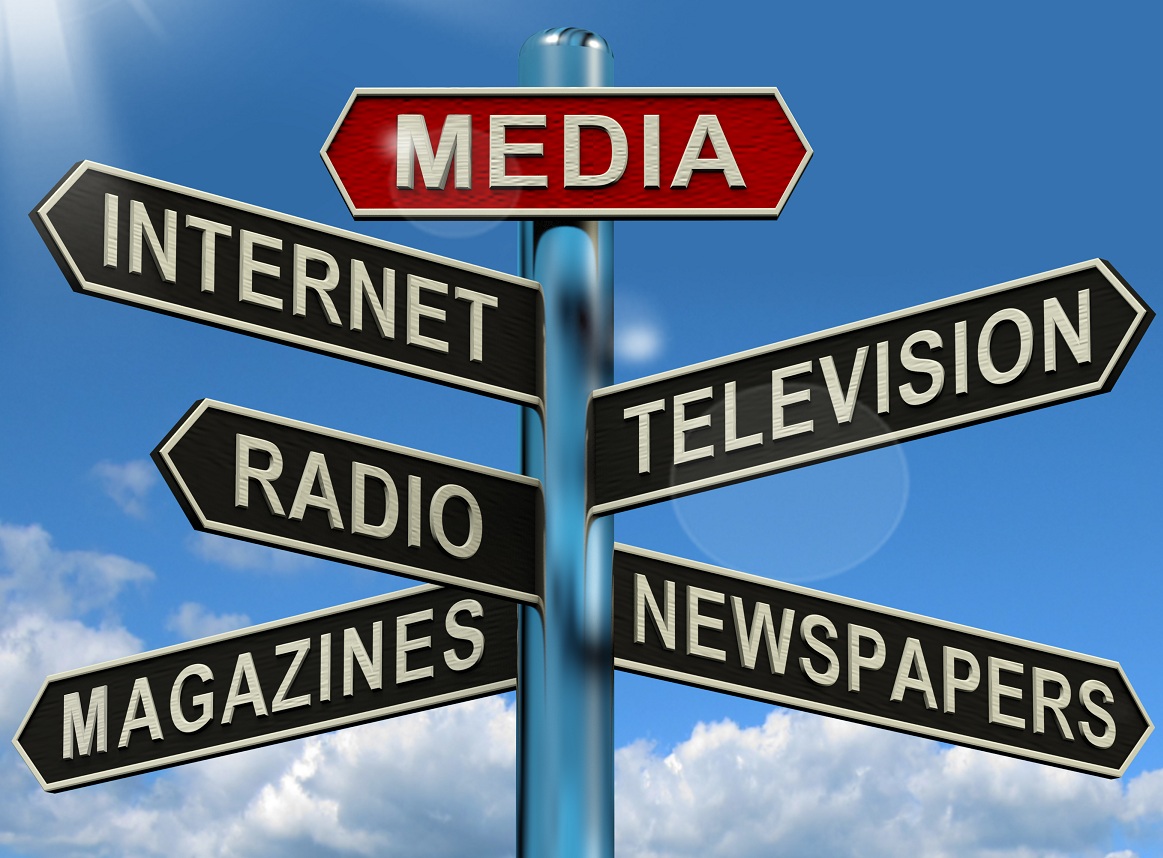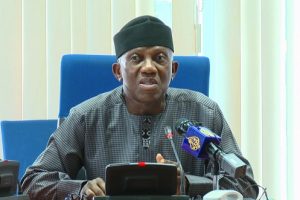
BY ADDISALEM MULAT
Over the last three decades, Ethiopia held five national elections. But the credibility and transparency of these polls were at the spotlight of controversies drawing criticism from right and democratic groups.
One of the areas where political parties and human right activists usually complain about was the media coverage of elections.
Largely controlled by government many argue that the country’s media outlets had been favoring the ruling party while engaging in defaming other opposition parties. But following the introduction of the ongoing reform, the country has reformed the leadership of the electoral board and reviewed election laws in apparent move to widen political and democratic spaces.
This time as the country prepares to deliver a much better poll and with voting period getting much closer, the role of media appears to be worthwhile.
In recent times, The Ethiopian Herald had a short stay with scholars to have their say on how to ensure an orderly election all across the nation with help of the media.
Dr. Negussie Teffera is a journalist and former country-director of Population Media Center (PMC). He said that when mainstream media cover election campaigns, they should stick to the truth, be nonpartisan and give prominence to facts more than ever before.
To ensure an orderly election, journalists should check allegations, and distance themselves from reporting rumors, igniting hatred and inserting their own opinions that could endanger the wellbeing of the nation.
As inflammatory language is one of the main causes of turbulence, they should be very careful not to miss the target and incite violence in the midst of the population in general.
Moreover, they should report the existing fact that the government is committed to cheering up openness and transparency in the electoral process in the upcoming elections more necessary than ever.
In a similar manner, apart from treating all political parties equally, the main media streams of the country should refrain from biased media coverage.
Among other things, during the election period, journalists should abstain from taking advantage of inflammatory words that could trigger unrest in all regions of the country and back the country into a corner.
Likewise, social media should distance themselves from reporting disinformation, fabricated stories, conflict-sensitive reporting, ethnically sensitive issues, using inflammatory words, and other related aspects. Beyond all exception, to make the upcoming election free, fair, and credible, media outlets should abide by the law.
“As an election cannot be successful without the active participation of media outlets, the latter should make every effort to smooth the progress of the upcoming election.
Furthermore, they should attach importance to things that could add value to the elections. Adding to this, they do not have to be instrument of others, and treat all parties impartially and equally,” he added.
To make the upcoming election free, fair, and credible, political parties should be able to concede defeat. Moreover, promises made by the government should be met to attain the desired goal, and an instrumental environment for the election should be fashioned in a short space of time.
He went on to say, “Aside from meeting the whole thing required for the electoral process, potential gaps should be bridged in no time to help encourage openness and transparency in the electoral process,”
Similarly, journalists should know their rights and obligations and act accordingly. Furthermore, they should stick to the rules and regulations of the National election board of Ethiopia; but if they fail to do that attaining the wished-for target will not be a walk in the park.
He noted that in the upcoming election as voters turn out is going to be very high, the participation of political officers, judicial and security bodies, Ethiopian Broadcasting Authority, and others should actively partake and play a significant role.
Apart from that the human rights commission, civic society, and things of that sort should play a paramount role in changing the attitude of people towards the election.
Similarly, Ethiopian civil society organizations should actively partake in civic education campaigns to snowball the voter comprehension of democratic procedures.
On several occasions, mainstream media outlets should give prominence to free, fair, and credible elections and report according to media rules and regulations.
“Aside from that election observers should carry out their duties and responsibilities as they should be and cling to their job unbiased. They should be neutral and respect the rights of political parties.
Moreover, in the course of the election campaign, contestants do not have to belittle one another except introducing their policies to the general public,” he continued.
“I would even go so far as to say, the different elections that had been held throughout the national territory rigged ones. As the print and electronic media outlets of the country were putting the accent on the ruling party, harvesting the sought-after goal was easier said than done.
As state-affiliated media outlets were biased and the watchdog of the government, they were not carrying out their duties and responsibilities by the book,” he wrapped up.
Associate Prof. Mustefa Worku, Head of the Department of Journalism and Communications at the University of Gondar regarding the issue for his part said, “To ensure peaceful election media outlets of the country should do their utmost and act accordingly media ethics.
Moreover, before broadcasting information, the print and electronic media outlets of the country should cross-check facts to avoid fake news because unreliable information could lead the country to chaos.’’
In the same way, media outlets of the country should prepare different stages for different political parties to familiarize themselves with their policies and take the country to the next level of achievement.
The incumbent regime should make every effort for all Ethiopians residing under the umbrella of Ethiopia to exercise freely their political rights and freedoms that play a leading role in smoothing the progress of democratic elections all across the nation.
As turning a deaf ear to complaints that stem from political parties could weaken the authenticity of the government, officials and security forces should desist from taking sides with the incumbent.
Much in the same way, the government should also work shoulder to shoulder with the National Electoral Board of Ethiopia to acquaint the general community, political parties, observers, civic society organizations, and others with regular access to information in connection with the electoral process. Apart from this, election debates should be held amid political parties getting the most out of print and electronic media outlets of the country.
The Ethiopian Herald February 28/2021



